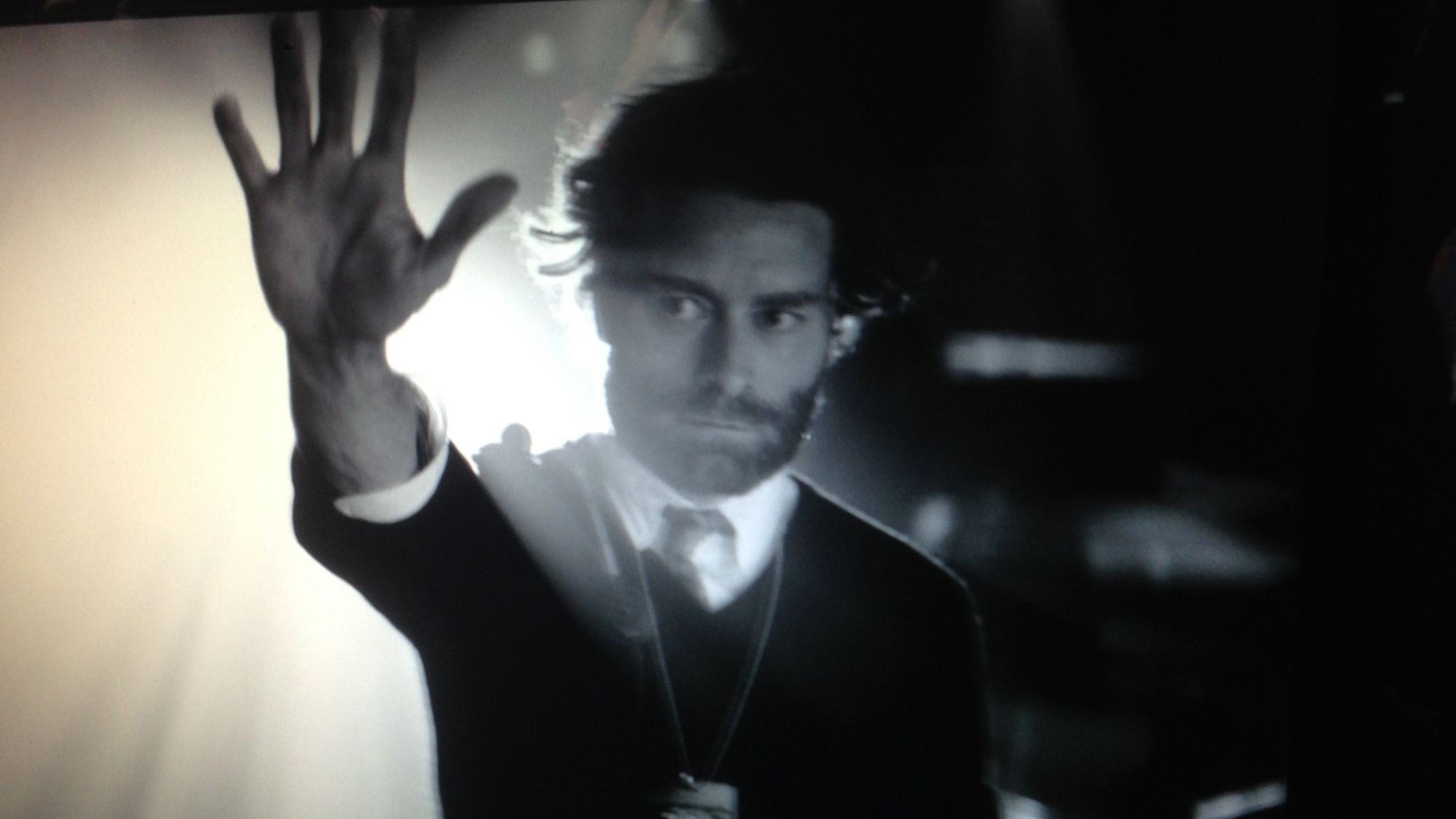BACKSTORY: A sought-after music video director and illustrious photographer whose frustrations with those mediums sparked his search for the next great art form
FROM: Born and raised in Glen Cove, New York; now based in Los Angeles
YOU MIGHT KNOW HIM FROM: His interactive multimedia video “The Wilderness Downtown” (for Arcade Fire’s “We Used to Wait”) and his WTF?!-worthy 3-D scanning and CGI project “Kanye West (Wall)”
NOW: His new virtual-reality company, VRSE, which has the potential to be the next big thing in interactive technology—or, less modestly, the bringer of world peace
Jesus. Gandhi. This guy. Sure, it’d be a bit of a stretch— or, at least, premature—to dub Chris Milk the savior of mankind. But on this Friday afternoon, and despite battling an exhaustion-induced head cold, he sure sounds like a prophet.
“VR has the opportunity to really change the world, by creating the opportunity for compassion and empathy for another person like I’ve never seen before in any other medium. I’m not interested in the 1s and 0s of technology, but how those 1s and 0s can bounce around inside your heart.”
For those of you who scanned past the above text, “VR” stands for “virtual reality”—you know, that technology platform that initially garnered as many laughs in 1993’s Demolition Man as hoverboards got in 1989’s Back to the Future Part II.
Incidentally, it’s feature film that Milk believes is the most powerful artistic medium that the human species has created. Until now, that is.
Milk latched onto virtual reality after receiving an offer from the Lincoln Motor Company to participate in its “Hello, Again” initiative, for which it commissions filmmakers and others to reimagine new forms of art. Milk squeezed the opportunity for all its worth, creating the first-ever live-action, fully spherical virtual-reality concert film, featuring Beck.
Milk had already broken ground with music videos, eschewing clips that would be suited for television—after all, what channels play music videos anymore?—and instead crafting them specifically for the Internet, where they might curry favor on YouTube.
His mind-boggling collaboration with Beck took that vision a few leaps farther, though. While Milk admits that he didn’t exactly know what he was doing with the project, it was his fumbling that allowed him to stumble onto his next artistic passion.
“Raw music has more of an emotional resonance than a music video does, because music is primal and adaptable and scores your life,” he says. “I think that VR can have the same instinctual, raw, human emotional resonance that music does.”
From there, Milk founded VRSE, a company that is taking virtual reality to new heights. Most notably, perhaps, the company—in collaboration with Samsung and Oculus—used the Samsung Gear VR 360-degree platform to film a day in the life of a twelve-year-old Syrian refugee, from her perspective. World leaders at the United Nations—the very people who could improve the life of such a girl— watched the film on VR headsets, and many were moved to tears.
It’s shot-to-the-heart films like those that Milk hopes will become synonymous with VRSE. And it’s what causes him to recoil when asked if his efforts, inadvertently or not, might lead to a dystopian future.
“I don’t think virtual reality is going to be the end of society,” he says. “If it is, I apologize in advance.” FL







